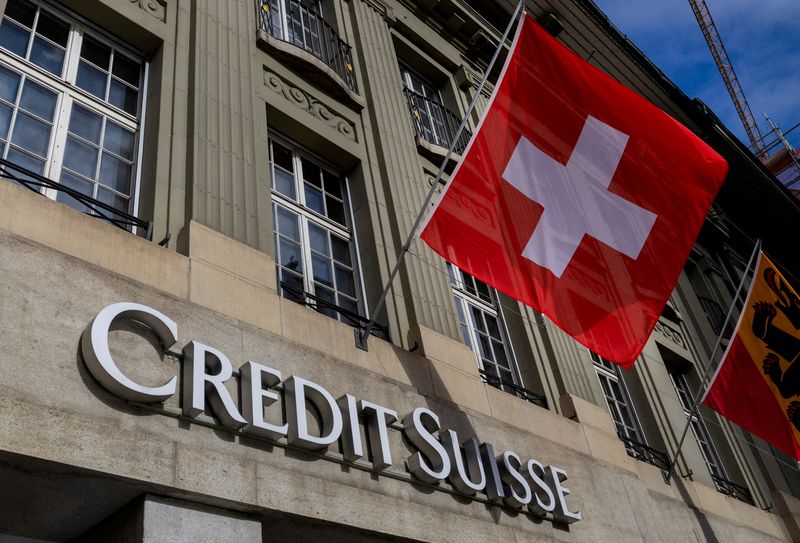SNB’s Jordan blames Credit Suisse bosses for bank’s crash
2024.07.05 12:21
ZURICH (Reuters) – Credit Suisse’s collapse was caused by the bank’s management, not by Swiss financial authorities, Swiss National Bank Chairman Thomas Jordan was quoted as saying on Friday.
“It was the result of bad decisions by the bank’s management,” Jordan told newspaper Le Temps in an interview. “The Swiss authorities were well prepared, and we took the necessary measures to avoid a global financial crisis.”
The state-brokered takeover of Credit Suisse by UBS last year was the best option available, said Jordan, who argued there were limits to how far the SNB could have intervened.
“The SNB can’t say ‘Whatever it takes, we’re going to save a bank,’ because that’s not our job,” he said, noting that it was for politicians to make such decisions. “You have to commit public money, and that’s not a decision the SNB can take.”
Still, he added, lessons must be learned, with drawing up banking regulations a task for the SNB along with the government and financial market regulator FINMA.
The government has already outlined measures including stricter capital requirements for UBS and other systemically relevant banks, without stipulating precise sums.
Jordan called the proposals a good start, noting it was important to calculate the amount of equity capital banks required “prudently and realistically.” They should hold enough to absorb losses in a crisis, he said.
Banks also needed to ensure they had enough assets to serve as collateral to secure emergency liquidity support, he added.
Finally, the option of resolution – an orderly winding down or restructuring of a bank – should be credible, Jordan said, noting: “We need a system where a bank can disappear without destabilising the financial system or the economy.”
Turning to monetary policy, Jordan said that while interest rates were the SNB’s main policy tool, it was also ready to intervene in foreign currency markets if necessary.

He was relaxed about inflation, which the SNB has forecast to be around 1% in the medium term.
“It’s important to continue monitoring the situation, but for the moment it’s relatively comfortable,” Jordan said.








